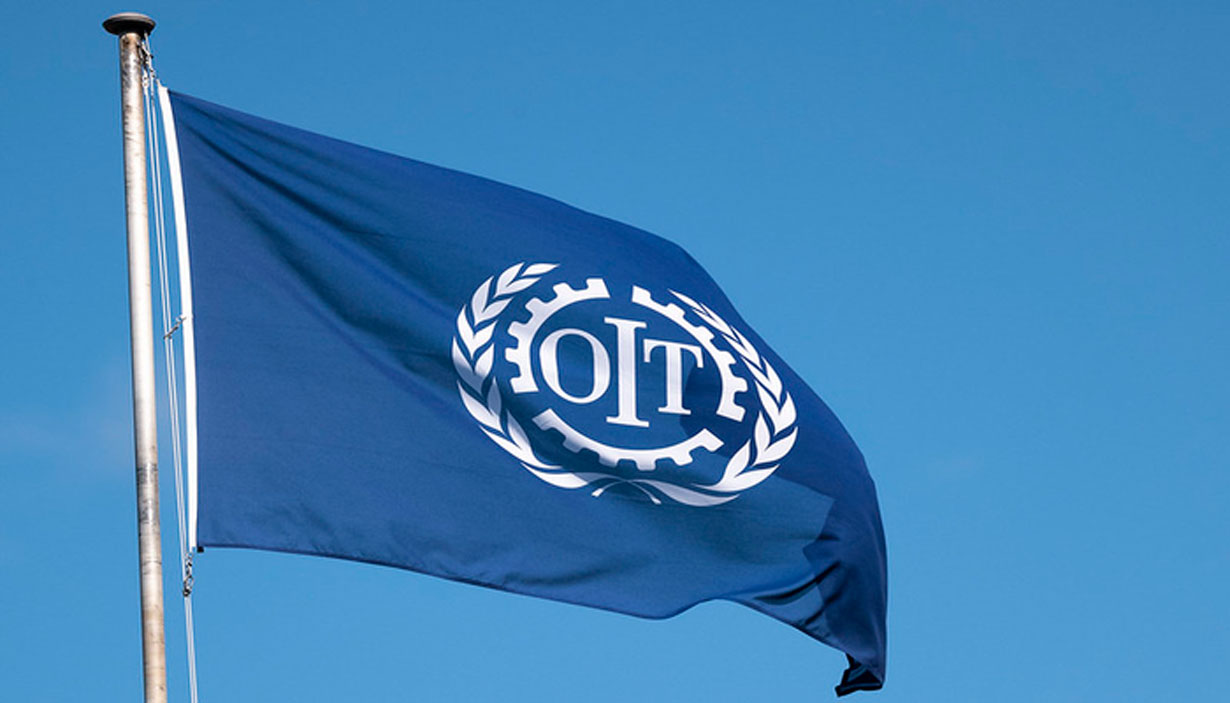
The International Labour Organisation (ILO) has lamented gender-based barriers women entrepreneurs in Nigeria face.
The Country Director of the global labour body in Nigeria, Dr Vanessa Phala, at a workshop for a roadmap to foster national condition for women’s entrepreneurship in Abuja, explained that while women and men entrepreneurs may encounter similar challenges in their economic activities, women are faced with an additional set of gender-based barriers that limit their access to opportunities.
With women entrepreneurs accounting for 41 per cent of micro-businesses in Nigeria, they can no longer be neglected in socio-economic discourses as they are major drivers, Phala said.
Phala stressed that women entrepreneurs have consistently demonstrated resilience and determination to succeed despite facing numerous constraints, including decent work deficits and a less conducive business and regulatory environment that continues hindering them from formalising their businesses.
She disclosed that the ILO, working with government at all levels, has promoted small enterprise development in Nigeria through various initiatives and projects, including promoting gender equality and formalising through Women’s Entrepreneurship Development project.
On her part, Juliana Adebambo, who oversees the office of the Permanent Secretary, Federal Ministry of Labour and Employment, said the informal economy has a high number of women whose participation is frequently portrayed as motivated by poverty or involuntary exclusion from the formal labour market and concerned with sustaining their families’ livelihood.
She argued that the large participation of women in the informal sector raises the urgent need for the formalisation of the sector, saying: “This has made formalisation very necessary, especially since it is constantly viewed as being of great benefit to business expansion and success. In Nigeria, the proportion of women involved in entrepreneurship exceeds men.”
Adebambo also noted that while women entrepreneurs can play critical roles in enhancing a country’s productivity and development, structural inequalities make it difficult for women in Nigeria to excel.
“There are lots of interventions, female-focused policies, programmes and initiatives instituted by the government, social partners and private organisations to support women’s entrepreneurship development. However, the effectiveness of these supports on informal businesses is very minimal, which is a challenge as most women-owned businesses in Nigeria are informal,” she added.
In his intervention, the Director General of the Small and Medium Enterprises Development Agency of Nigeria (SMEDAN), Olawale Fasanya, blamed copycat syndrome, placement of high premiums on money as well and low capacity for the collapse of small-scale businesses in Nigeria.
“Nigeria is a big country and once money is not given; people do not know that you are working. This is exactly what is happening to SMEDAN operations and their impacts. SMEDAN is not established to give funds. We are to build capacity. Most Nigerians do not bother to know that when you have all the funds, you don’t have the capacity, there will be a problem. The money can go down the drain. This is the reason most small businesses die within the first three years of establishment. Nigerian businesses do not bother to invest in capacity building or invest very little in capacity building,” he said.






